Mental Illnesses – Types, Symptoms, and Treatments (Part 1)
S Sharanya
May 25, 2021
S Sharanya
May 25, 2021
A health condition that involves your mind, behavior, habits, emotions and thinking patterns is known as a mental illness. It is as common and similar to hypertension, diabetes, kidney, and heart diseases. Mostly, mental health problems are related to functions that involve various walks of life, including work, social, family, and everyday activities.
Mental illnesses are treatable, provided we have the right kind of awareness on how to get help. This article elucidates the various mental disorders and their due course of treatment.
As far as types of mental health disorders are concerned, there are many. Here we have rounded up some of the common ailments, their symptoms, and possible treatment options. Let’s read on!
Are you looking for guidance and support? Our Psychologists can help.
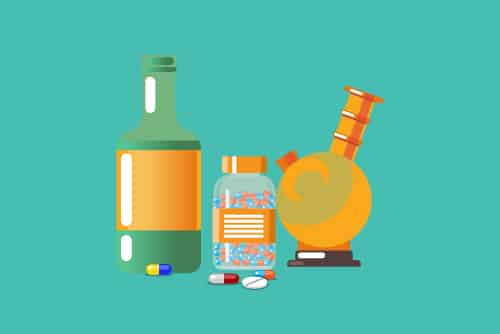
It is a complicated medical condition in which a person has an intense urge to use some specific substances, like tobacco, alcohol, illicit drugs, among others, even after knowing the harmful consequences. This happens due to an underlying psychological cause, such as trauma in childhood, financial constraints, or even genetic predisposition. The urge is so strong that in most severe cases; it becomes an addiction. It affects and even impairs the ability of the person to function properly in daily life.
Symptoms of substance use disorder (SUD)
Although drug addiction is not curable, the following treatment options can help you get over an addiction. In most cases, the treatment relies on the substance you have been using and any underlying medical condition you may have.
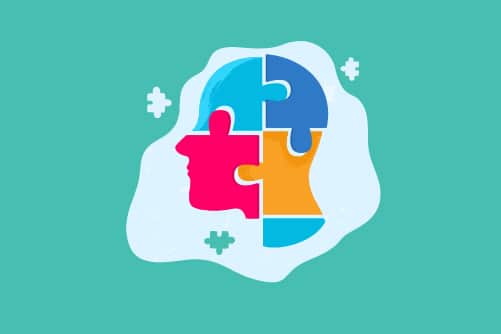
Autism spectrum disorder (ASD) is a neurological and developmental condition that can affect how a child thinks, behaves, learns, feels, speaks, and relates to his/her surroundings and people. It is a lifelong disorder that generally begins in childhood. As per the Centers for Disease Control and Prevention (CDC), according to the Johns Hopkins Hospital, one out of fifty nine children can have autism. Also, it is more common (3 to 4 times) in boys compared to girls. The severity of the condition may vary from one person to the other.
No specific treatment options are available for treating autism spectrum disorder. The treatment plans focus on lessening the symptoms and helping the child learn and interact well. Early intervention can help your child with learning functional, communication, behavioral, and social skills. The treatment options include:
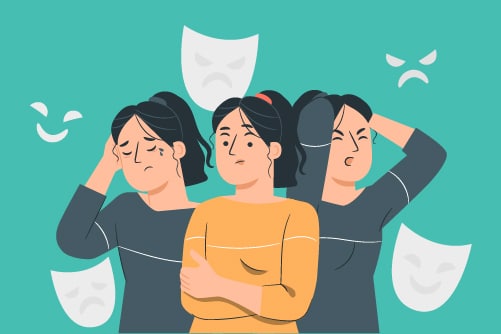
Bipolar disorder is a type of mental illness that leads to alterations in the mood, energy levels, and day to day functioning of a person. A person with this condition can have extreme mood swings at different intervals. These are known as mood episodes and are further divided into manic, hypomanic, and depressive. He or she can be in a completely normal state of mind for days, months, and even years. There are three types of bipolar disorder: bipolar I, bipolar II, and cyclothymic disorder.
The International Bipolar Association says that the symptoms of bipolar disorder are likely to vary from one person to the other. In some cases, a mood episode can last for months to several years. While in others, it may be a quick episode with highs and lows occurring at the same time. The symptoms include:
Stabilizing the mood of the person and minimizing the intensity of the symptoms is the main aim of the treatment options. It includes the following:
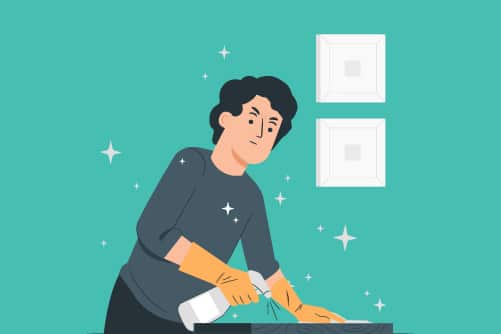
When (obsessions) intrusive and excessive feelings and thoughts make you do certain things repetitively (compulsions), it is known as OCD or Obsessive-compulsive disorder. The repetitive behaviors include washing hands for no reason, cleaning now and then, checking on things pretty often, and having recurrent thought triggers causing excessive worries among others. These actions can significantly affect a person’s social, personal, and professional life.
The right treatment plan can help you counter your obsessions and compulsions. The best treatment options include the following:
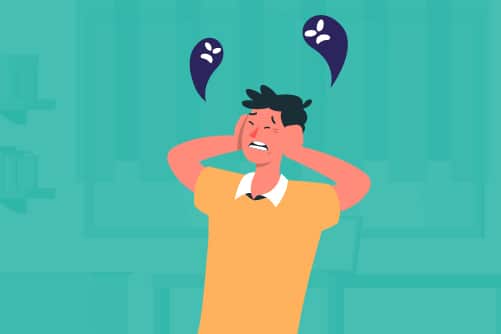
Schizophrenia is a complex mental illness that makes people perceive reality erratically or abnormally. A person with this condition is most likely to need treatment for his/her lifetime. However, contrary to a common misconception, schizophrenia is not multiple-personality or split personality disorder.
As schizophrenia affects how people think, behave, and react to a given situation, the signs and symptoms might vary from person to person. However, the common telltale signs include the following:
Although schizophrenia is a lifelong mental condition, effective and timely medical intervention can help you manage your symptoms to a great extent. As the experience of every person with this condition is likely to be different, your doctor will customize a treatment plan to meet your individual needs. The treatment options include the following:
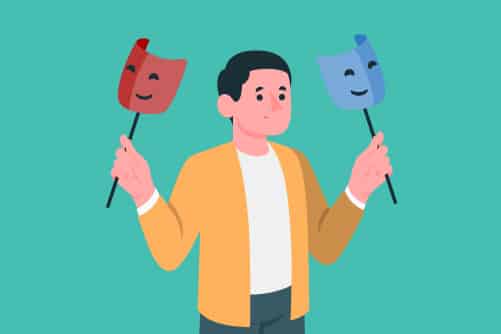
A personality disorder is a mental condition in which you are likely to develop an unhealthy and unyielding way of thinking and behaving. You may also find it difficult to associate with different people and situations. All of these issues can lead to various problems and restrictions, socially and personally. As a result of which your social life, work-life, relationships, and day-to-day activities are hampered. Some people might not even understand if they have any mental condition.
There are three groups or clusters of personality disorder – A, B, and C, comprising various personality disorders with varied symptoms.
(Not Obsessive-Compulsive disorder)
The treatment of personality disorder depends mainly on the type of ailment you have and the severity of your symptoms. The standard treatment options include the following:
Dissociative disorders, as the name suggests, are mental conditions that make a person escape from reality. A person with this ailment experiences a disconnection between his/her thoughts, actions, memories, identity, and surroundings. Moreover, the way people with a dissociative disorder deny reality is often unhealthy and can affect everyday life. There are three types of dissociative disorders. It includes the following:
Psychotherapy: Your doctor will help you understand the reason behind your condition and prepare a treatment plan to allow you to cope with the stress you go through.
Medication: Your doctor is more likely to prescribe certain medications to you, including – antidepressants, anti-anxiety medications. These drugs will help you manage your symptoms.
Read Par 2 of Mental Illnesses – Types, Symptoms, and Treatments here
A. If you are someone seeking professional help or know someone who needs to seek help, contact a doctor, family, friends, or anyone reliable. It is advisable to reach out to your primary care doctor as the first step. Depending on the situation, the individual might be referred to a mental health practitioner. Such a medical expert would work with the individual to find the right treatment plan. Treatment may include medication, non-drug care, and therapies, or a combination of all these.
A. Please treat the person as you would treat a family member or a friend when they are sick. It is advised that people offer a patient, listening ear. You can offer help or support if needed. You may lend a helping hand by looking for the right treatment options.
A person suffering from depression may get irritated more than usual and may misunderstand people or feel misunderstood. In such situations, it is beneficial to be supportive of such individuals and offer them reassurance and care.
While helping out others in need, please do not overlook your needs. Looking after someone else may put a strain on one’s well-being, but to help others, one must stay well. You should take good care of yourself. Consume nutritional food at regular intervals, engage in physical activities and exercise, and talk to someone to clear your head.
A. If you know someone who is thinking of attempting suicide or has suicidal thoughts, please contact helplines skilled at dealing with such situations. Do contact his/her nearest family member or friends. In case you have such thoughts, it is highly recommended to seek medical help and get the right support. Life is precious.
